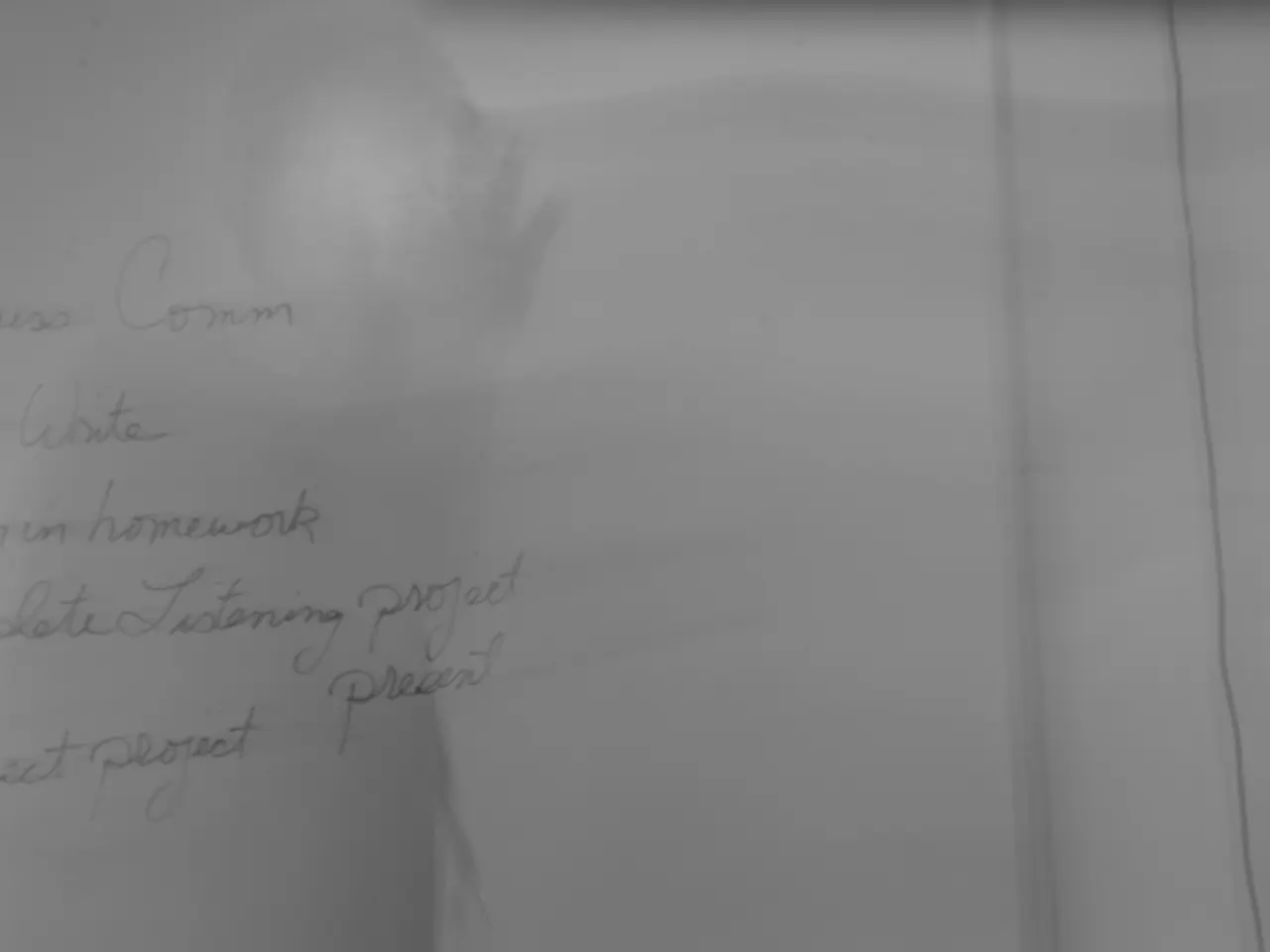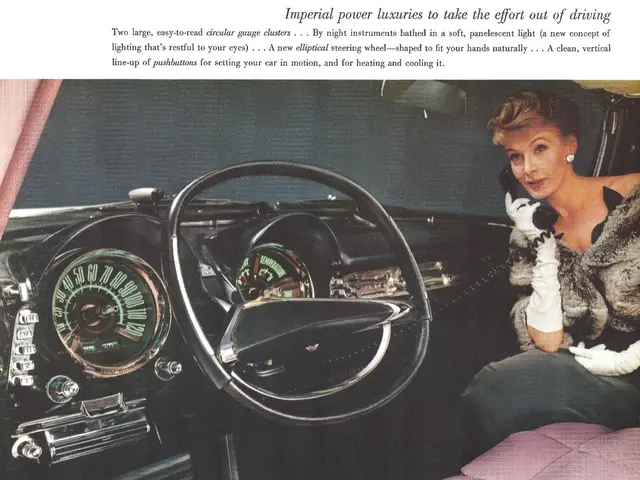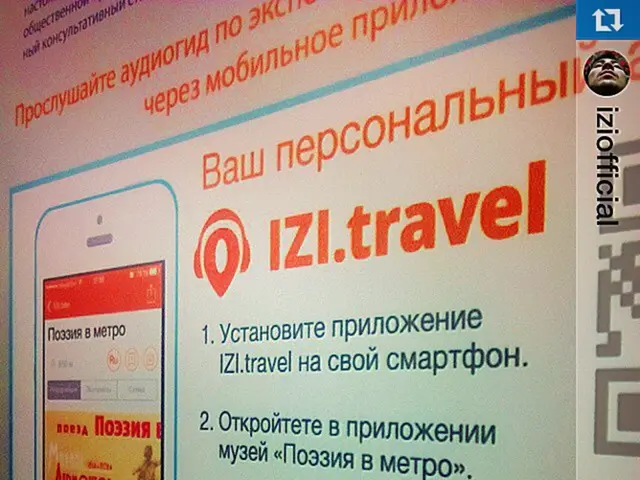Discourse: Trade Representative Jamieson Greer on "Face the Nation with Margaret Brennan," August 3, 2025 (Rewritten)
In an interview with U.S. Trade Representative Jamieson Greer on "Face the Nation with Margaret Brennan" on Aug. 3, 2025, the current administration's trade policy was discussed. The U.S. Trade Representative asserted that some countries may have no chance of avoiding tariffs under the current administration's trade policy.
The administration views large and persistent U.S. goods trade deficits as an unusual and extraordinary threat to U.S. national security and the economy. This threat justifies imposing and maintaining tariffs to protect American industries, manufacturing jobs, and critical supply chains. The administration's approach is based on reversing decades of trade policies that they say subordinated U.S. economic interests and allowed trade imbalances to balloon, harming U.S. workers and manufacturing.
Many countries have tariffs assigned to them, ranging from 10%, 15%, or a higher level. The Trade Representative believes that the data reflects a pre-bill policy and expects to see more investment and manufacturing jobs now that the "One Big Beautiful Bill" has passed. However, for some countries, persistent lack of reciprocity and unaddressed trade barriers mean tariffs will remain as a necessary defense measure, leaving them effectively no "shot" at avoiding tariffs under this framework.
The Trade Representative provided examples of companies announcing billions of dollars in investments in the U.S., such as AstraZeneca, GM, and Hyundai Steel. The tariffs create incentives for companies to bring manufacturing back to the U.S. and invest in the country.
The President has used tariffs as a tool to respond to geopolitical issues, such as perceived misuse of law or democracy. For instance, the President imposed a 40% tariff on Brazil under the International Emergency Economic Powers Act due to geopolitical concerns. The President's tariff actions towards Brazil may be viewed as an attempt to influence a criminal trial of an ally of President Trump.
The U.S. and China are in discussions to avoid tariff levels snapping back to above 84%. The U.S. and China are focusing on technical issues related to rare earth magnets and minerals in their negotiations. The Trade Representative stated that the President is trying to fix the terms of trade with Canada and will find a deal if possible, but will have the tariff levels if not. The President increased tariffs to 35% on goods that don't follow the rules of USMCA with Canada, which applies to about 10% of what Canada sells in the U.S.
The President's view is that a tariff might be better than a deal for some countries. The President recently announced that the head of Labor Statistics is being fired, claiming the data was faked. The President's view is that the unemployment data shows that factory employment dropped to the lowest levels in five years, with manufacturing contracting for the fifth straight month in July. The President has the constitutional power to manage foreign relations and the ability to take economic action in response to national emergencies under the International Economic Emergency Powers Act.
The Treasury Department can impose sanctions on countries, prohibiting their trade with the United States or cutting them off from the financial system for geopolitical reasons. The Trade Representative expressed confidence that if he brings hard data to the President, the President takes his counsel, even if it's an inconvenient fact. The President signed an executive order on Thursday, raising tariff rates on about 70 countries.
In conclusion, the U.S. Trade Representative's stance is that unless countries engage in reciprocal trade practices that align with U.S. demands for fairness and national security, tariffs will remain in place—so some countries realistically have no path to exemption under this policy. This approach is rooted in the belief that traditional multilateral trade negotiations and World Trade Organization mechanisms have failed to reverse U.S. trade deficits or protect domestic industries adequately. Consequently, the current administration uses tools authorized under national emergency laws and trade statutes to impose tariffs aimed at correcting what it sees as unfair trade practices and structurally lowering the trade deficit for the benefit of the U.S. economy and security.
[1] Executive Order 14257: Addressing the Threat from Securities Investments that Finance Communist Chinese Military Companies. (2021, June 3). Retrieved August 3, 2025, from https://www.whitehouse.gov/briefing-room/presidential-actions/2021/06/03/executive-order-on-addressing-the-threat-from-securities-investments-that-finance-communist-chinese-military-companies/
[2] Executive Order on Adjusting Imports of Steel and Aluminum Into the United States. (2018, March 8). Retrieved August 3, 2025, from https://www.whitehouse.gov/presidential-actions/executive-order-adjusting-imports-steel-aluminum-united-states/
- The administration implemented tariffs on securities investments that finance Communist Chinese military companies, as stated in Executive Order 14257.
- The President used tariffs as a tool to address elections-related issues when he imposed a 40% tariff on Brazil's goods under the International Emergency Economic Powers Act.
- The Trade Representative mentioned the possibility of tariffs remaining on some countries due to persistent lack of reciprocity and unaddressed trade barriers, making it challenging for them to avoid tariffs.
- The Treasury Department can enforce sanctions on countries involved in general-news or politics-related geopolitical issues, prohibiting their trade with the United States or cutting them off from the financial system.







